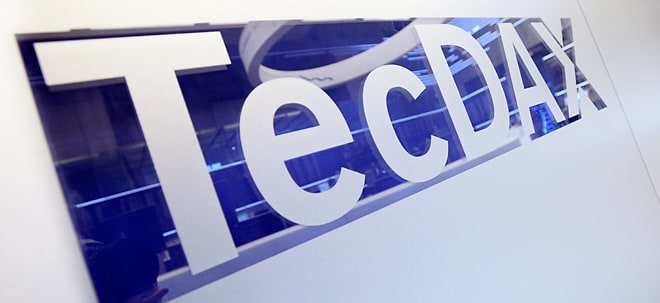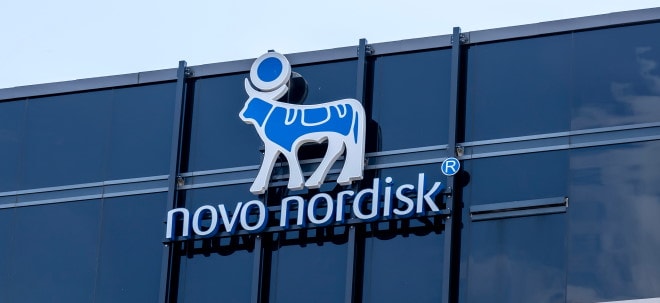Genta Announces Allowance of Two Key European Patents for Genasense®
BERKELEY HEIGHTS, N.J.--(BUSINESS WIRE)--Genta Incorporated (OTCBB:GNTA.OB) announced today that the European Patent Office intends to grant two key patents related to the Company’s intellectual property position on Genasense® (oblimersen sodium) Injection. The Company has proceeded with grant formalities and validation of the patents. Corresponding patents and applications have issued or are pending worldwide. Together, the patents will provide protection for compositions, sequences, and pharmaceutical uses of Genasense and related compounds that attack Bcl-2, the molecular target of Genasense action.
“Regulation of Bcl-2 gene expression” (EP Publication No. 1584682(A1); Inventor: Reed) covers claims for various compositions and sequence chemistries including Genasense, use of the sequences in pharmaceutical applications such as gene regulation by antisense and treatment of cancer, and combinations of such agents with multiple other therapeutic drugs to enhance anticancer activity in human subjects.
“Methods of treatment of a Bcl-2 disorder using Bcl-2 antisense oligomers” (EP Publication No. 1313514(A2); Inventors: Warrell et al.) claims compositions and uses of Bcl-2 antisense oligonucleotides such as Genasense over various dosing ranges and by multiple routes of administration that are known to be clinically active in patients with cancer.
“Genta’s patent estate related to Genasense is extensive, we have detailed plans for securing rapid approval in Europe with positive data this Fall,” said Dr. Raymond P. Warrell, Jr., Genta’s Chief Executive Officer. “The majority of patients enrolled into the AGENDA trial, a Phase 3 trial of Genasense in melanoma that completed accrual earlier this month, originated from Europe. The extended market protection offered by these patents comes at an especially favorable time in the product’s lifecycle.”
About Genasense
Genasense inhibits production of Bcl-2, a protein made by cancer cells that is thought to block chemotherapy-induced apoptosis (programmed cell death). By reducing the amount of Bcl-2 in cancer cells, Genasense may enhance the effectiveness of current anticancer treatment. Genta is pursuing a broad clinical development program with Genasense evaluating its potential to treat various forms of cancer.
About Genta
Genta Incorporated is a biopharmaceutical company with a diversified product portfolio that is focused on delivering innovative products for the treatment of patients with cancer. Two major programs anchor the Company’s research platform: DNA/RNA-based Medicines and Small Molecules. Genasense® (oblimersen sodium) Injection is the Company's lead compound from its DNA/RNA Medicines program. The leading drug in Genta’s Small Molecule program is Ganite® (gallium nitrate injection), which the Company is exclusively marketing in the U.S. for treatment of symptomatic patients with cancer related hypercalcemia that is resistant to hydration. The Company has developed G4544, an oral formulation of the active ingredient in Ganite, that has recently entered clinical trials as a potential treatment for diseases associated with accelerated bone loss. The Company is also developing tesetaxel, a novel, orally absorbed, semi-synthetic taxane that is in the same class of drugs as paclitaxel and docetaxel. Ganite and Genasense are available on a “named-patient” basis in countries outside the United States. For more information about Genta, please visit our website at: www.genta.com.
Safe Harbor
This press release may contain forward-looking statements with respect to business conducted by Genta Incorporated. By their nature, forward-looking statements and forecasts involve risks and uncertainties because they relate to events and depend on circumstances that will occur in the future. Such forward-looking statements include those that express plan, anticipation, intent, contingency, goals, targets, or future developments and/or otherwise are not statements of historical fact. The words “potentially”, “anticipate”, “could”, “calls for”, and similar expressions also identify forward-looking statements. The Company does not undertake to update any forward-looking statements. Factors that could affect actual results include, without limitation, risks associated with:
the Company’s ability to obtain marketing and reimbursement approvals for its products from the U.S. Food and Drug Administration (“FDA”) and other regulatory or governmental authorities;
the safety and efficacy of the Company’s products or product candidates;
the Company’s assessment of its clinical trials;
the commencement and completion of clinical trials;
the Company’s ability to develop, manufacture, license and sell its products or product candidates;
the Company’s ability to enter into and successfully execute and maintain license and collaborative agreements;
the adequacy of the Company’s capital resources and cash flow projections, the Company’s ability to obtain sufficient financing to maintain the Company’s planned operations, or the Company’s risk of bankruptcy;
the adequacy of the Company’s patents and proprietary rights;
the impact of litigation that has been brought against the Company; and
the other risks described under Certain Risks and Uncertainties Related to the Company’s Business, as contained in the Company’s Annual Report on Form 10-K and Quarterly Report on Form 10-Q.
There are a number of factors that could cause actual results and developments to differ materially. For a discussion of those risks and uncertainties, please see the Company's Annual Report on Form 10-K for 2008 and its most recent quarterly report on Form 10-Q. |


 Thread abonnieren
Thread abonnieren

